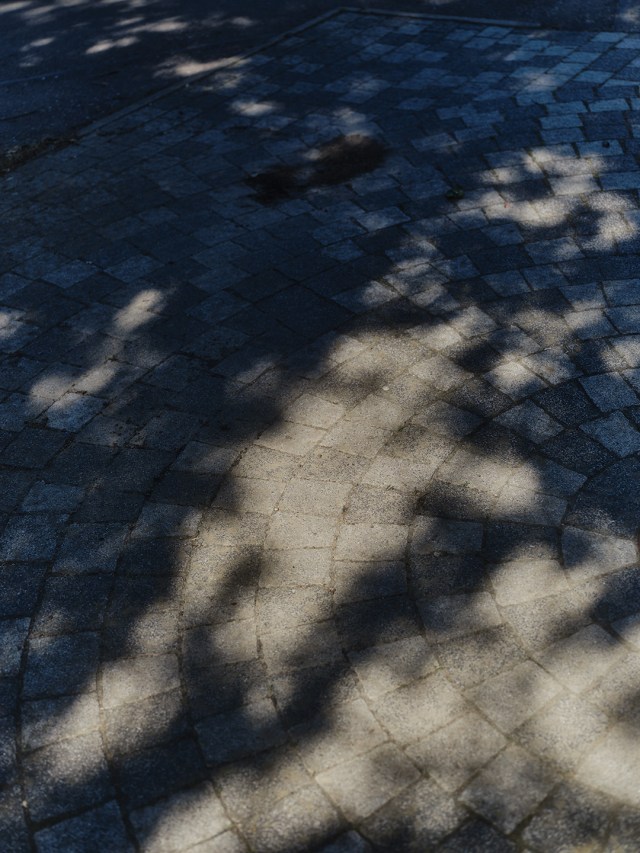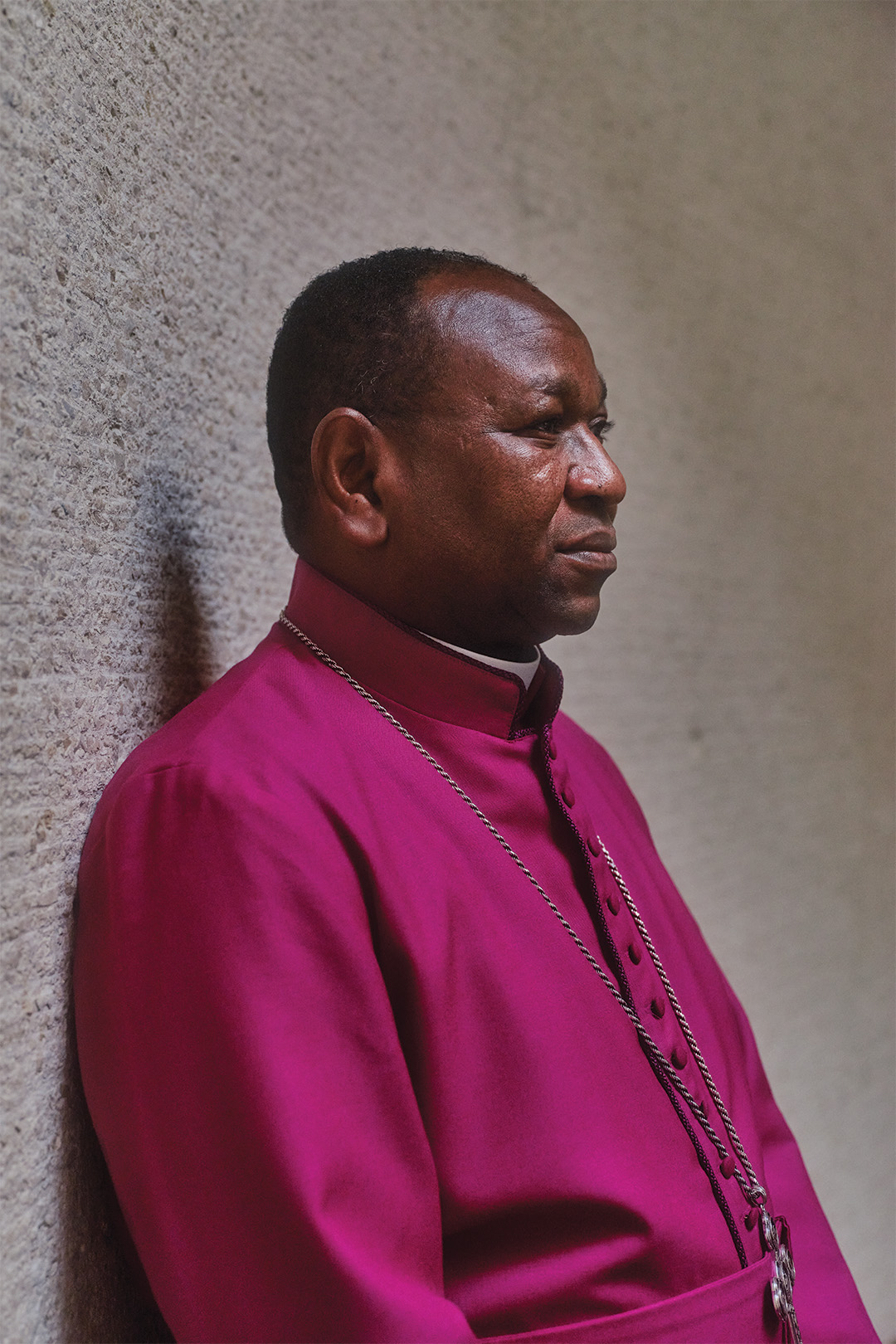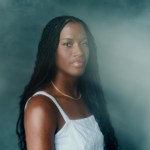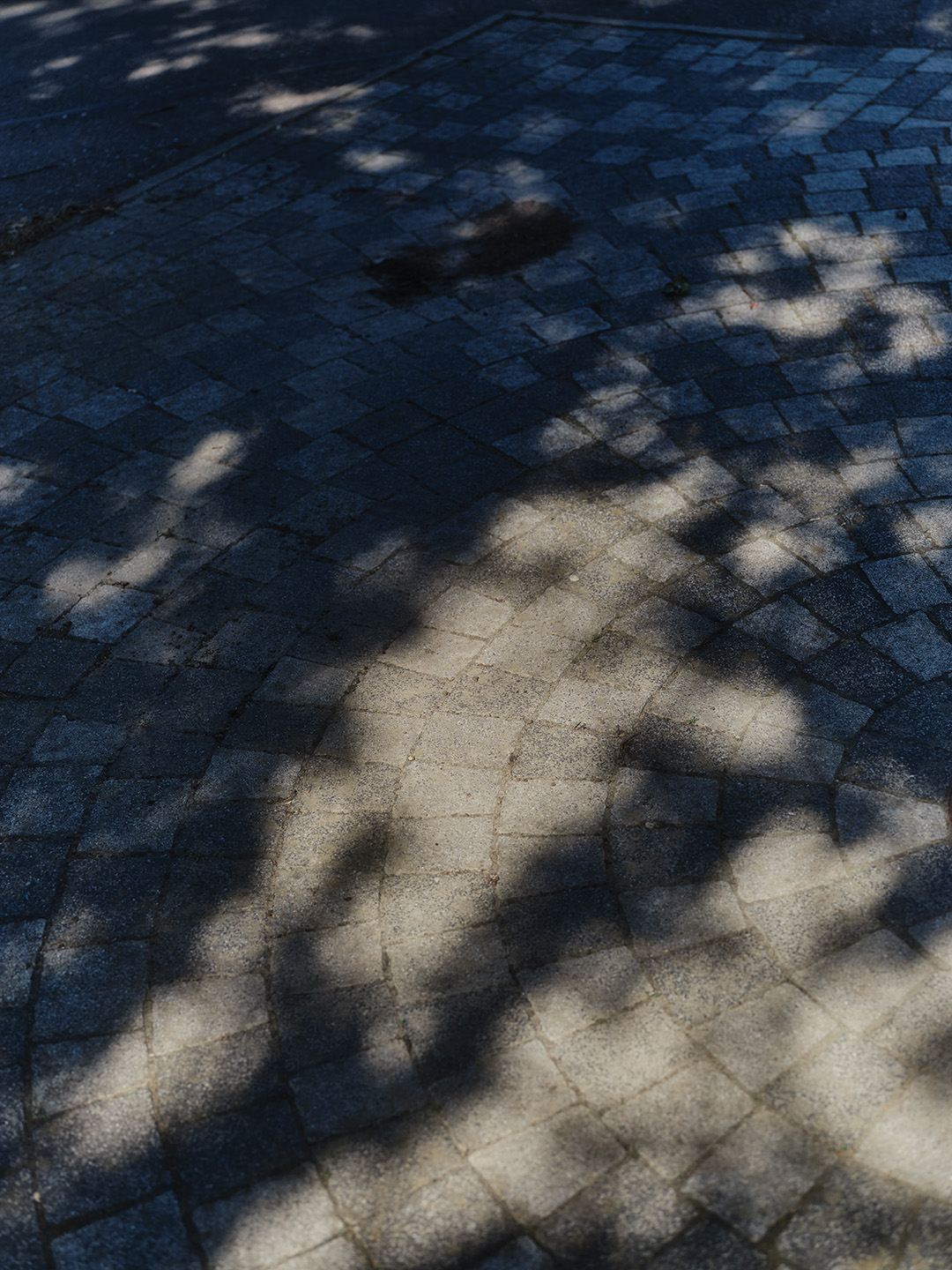When I was 16, a new student named Zakariya showed up at school. His forehead bore fan-shaped scars that identified him as a member of the Dinka people group—south Sudanese minority rebels, many of whom were Christian. My enemies. Zakariya was nice to everyone and scored the top grades in class, which made me hate him more.
As devout Muslims, my family and I were committed to Islam’s central place in the government. But our application of our religion was radical, since we prayed for Allah to destroy those who opposed us.
For two years, I added a request for Zakariya’s destruction to my daily noontime prayers. One night, that prayer was answered. My friends and I climbed a tree with our bayonet-fixed rifles and watched as a flashlight approached in the distance. It was Zakariya, who we knew walked this way each evening.
When he was beneath our tree, we ambushed him, beating him mercilessly with our fists and rifle butts. In a frenzy, I stabbed him repeatedly with my bayonet.
“Allahu Akbar,” I muttered in pride as we walked away from his mangled body. We left him for dead, and he never returned to school.
I was born into one of independent Sudan’s three leading families. My great-grandfather had joined the 1881 Islamic revolt against the British. Members of my family helped enshrine sharia law in our country. My father led the military in Darfur, where he later served as governor.
As the only son, I was to inherit this legacy. Our family believed our highest allegiance transcended the nation to include all Muslims in a global Islamic community called an umma. This inspired a tradition—unknown to me at the time—of early commitment to religious learning. So when I was 8 years old, my father drove me 500 miles north of Khartoum and dropped me at a desert madrasa to learn the Quran. He gave me no explanation and barely said goodbye.
At the madrasa, I was shaved bald and given a white robe and prayer cap for my daily uniform. Our group of ten boys sat in a straw hut and memorized Arabic verses with a long-bearded shaykh. The Quran was in his right hand; in his left he held a leather whip to punish our frequent mistakes. Allah must be like this too, I thought. I cried at night for 17 days straight.
When my father came to pick me up two years later, there was no embrace, but I saw he was proud of me. At home, I recited the entire Quran to my family and received a camel as my reward.
In my family’s eyes, I was now a man. Instead of playing soccer, I practiced disassembling and reassembling a Kalashnikov rifle and playacted ambushes against our enemies. Maybe it was preparation for Zakariya. By the time I graduated from high school in 1989, I was ready for jihad and to die as a martyr. I was the perfect son my father had dreamed of.
But my role model wasn’t my father. It was my favorite uncle, Khaled, an officer in Sudan’s intelligence services who was educated in Britain. He had personally converted south Sudanese Christians to Islam and imprisoned others who held to their faith.
One day, Khaled came to visit us, and my grandfather held court with the men in our home. That’s when Khaled suddenly blurted out, “I’m no longer a Muslim. I’ve become a Christian.”
My uncle had been monitoring the activities of an evangelical church in Khartoum when he heard a sermon about the preconversion life of the apostle Paul—and wrongly assumed that every detail was about him. Enraged, he put a gun to the pastor’s head and demanded to know how the pastor knew so much about his life. He ended up talking for hours with the pastor and became a Christian.
His pronouncement threw us into total shock. As Muslims, we knew the tradition that an apostate must be killed. Beset by shame, we quickly decided to do so. But the secret service arrested him first.
 Photography by Sandra Singh for Christianity Today
Photography by Sandra Singh for Christianity TodaySince Islam forbids a Muslim woman from being married to an unbeliever, we ensured Khaled’s divorce from my aunt and took custody of their children.
Two years after Khaled’s betrayal, his son Fouad—with whom I was close—fell into a coma. The doctors diagnosed the cause as malaria, complicated by some sort of infectious disease. They could do nothing to help.
Every day for a month, I went from my classes at Khartoum University to the hospital, where I recited the Quran over my 11-year-old cousin. He was gaunt and disfigured, with many medical devices attached to his body. I felt abandoned and confused. It was unfair that Fouad was being punished for Khaled’s sin.
One afternoon, two strange men came into the hospital room. I identified them as Egyptian Copts from the cross tattoos on their wrists. They told me they had visited Khaled in prison. When they asked to pray for his son, I shrugged, believing Christian prayer was worthless. But I also felt my conscience stir. They were praying for a Muslim boy, whereas I had always prayed against Christians.
Just as I stood to ask them to leave, I noticed Fouad’s complexion change. His eyes opened. Suddenly the machines in the room started beeping and nurses began rushing in. Fouad raised his hands slowly, and life filled his whole body. He recognized me. It was a miracle.
I spent hours talking with the Copts that evening. At dawn prayers the next morning, I prayed to Jesus for the first time, asking him to change me—if indeed what the Copts said about him was true.
I bought a copy of the Bible and began reading it quietly every day. For the next two months, I hid my Bible while continuing to perform the obligatory Islamic prayers. Still, my family grew suspicious.
In February 1991, my grandfather asked me directly, “Have you become like Khaled?” I confessed quietly, “I am a Christian.”
As before with Khaled, the room fell silent. Then my grandfather turned and rebuked his son, and my father punched me in the face.
I had been raised to be strong and to stand for what I believed in. So I brought out my Bible, and my grandfather stood up and walked out
of the room. My father said, “If this is your faith, you are no longer my son.”
I packed my bags. The next morning, as my mother and sisters cried, begging me to reconsider, my father brought out a contract. I signed my name, renouncing my inheritance and family name. For the first time in my life, I saw tears in my father’s eyes. Later, I learned that my family held a funeral for me, burying an empty coffin. It was somehow a gesture of love, meant to symbolize that they would not have to kill me.
I went to stay with a Palestinian friend at university and tried to go to church, but the south Sudanese believers at church rejected me—until a kind foreigner reassured them that my faith was real. Being among them, I thought of Zakariya, but I quickly suppressed the memory of him.
Soon after, I was baptized in the Nile River and began preaching, which led to my arrest. I was accused of treason against my country and spent 49 days in solitary confinement. After being released, and after several further detainments, I headed south to Kenya to study theology, where a German family took me into their home. Eventually, I took their last name, Eric, for my new passport and immigrated to Germany. Today I am a bishop in the Anglican Church, helping form a nongeographic diocese to give former Muslims like me a global community to belong to—a new umma.
Like the apostle Paul and like my uncle Khaled, I had once been a persecutor of Christians. But Jesus loved me when I was his enemy. And in 2008, he showed me the extent of that love.
I was at a pastors’ conference in Cairo, delivering the opening address. Afterward, a man came up to me, walking with a limp. He had oddly pointed questions about where I was from and where I went to school.
“Don’t you recognize me?” he finally asked. I noticed his crippled hand and how his right eye didn’t move, frozen in place as if from an old injury. When he said, “I’m Zakariya,” I was speechless.
He pulled out his Bible and showed me the front page. My name was there, first on a list.
“Because you hated me so deeply,” he said, “I always prayed for you.”
Yassir Eric is a presiding bishop over the Anglican Church’s Ekkios diocese and a professor of intercultural and Islamic studies at Columbia International University’s Academy of World Mission in Germany.
Jayson Casper is the Middle East correspondent for CT.



















